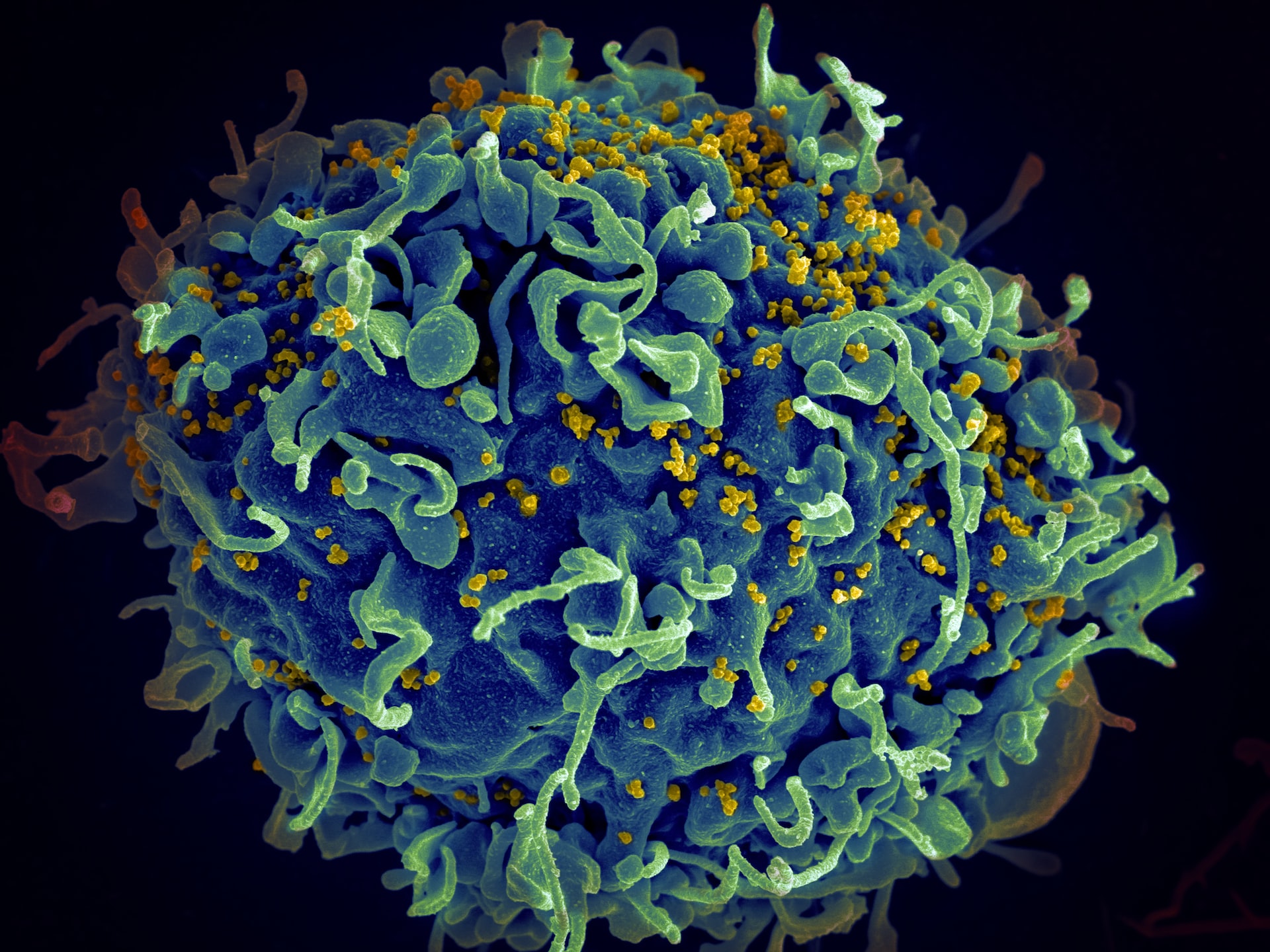
Françoise Barré-Sinoussi is a French virologist and scientist credited, along with Luc Montagnier and Harald zur Hausen, with identifying the human immunodeficiency virus (HIV), the cause of acquired immunodeficiency syndrome (AIDS). Her fundamental work in the identification led to her sharing the 2008 Nobel Prize for Physiology or Medicine with Montagnier and zur Hausen.
Barré-Sinoussi took an interest in science at an early age, spending her childhood school vacations observing animals and plants in the parks of her home of Paris, France. Coming from a humble background, she initially wanted to be a doctor but was led to believe that an education in medicine was impractical because it was both more expensive and lengthier than a career in science. She joined the Pasteur Institute in Paris in the early 1970s as a part time volunteer, and was quickly promoted to a full-time position.
Barré-Sinoussi earned her doctorate in 1974 and did postdoctoral work in the United States at the National Cancer Institute in Bethesda, Maryland, before returning to the Pasteur Institute to work in Montagnier's unit. They were studying the link between retroviruses and cancers in 1982 when a virologist from a Paris hospital came asking for help regarding an alarming new virus.
Barré-Sinoussi isolated and grew a retrovirus from the biopsied swollen lymph node of a patient at risk for AIDS — this retrovirus came to be identified as HIV, the causative agent behind the outbreak. This discovery led to the development of new antiviral drugs and diagnostic methods that began to keep AIDS patients alive.
Barré-Sinoussi started her own laboratory at the Pasteur Institute in 1988 where she initiated research programs on viral and host determinants of HIV/AIDS pathogenesis. She became an outspoken advocate for both AIDS research and public health measures, and her work with HIV has often been carried out on site in developing countries.
In 1996, Barré-Sinoussi became head of the Pasteur Institute’s Retrovirus Biology Unit (later called the Regulation of Retroviral Infections Unit). From 2012 to 2016, Barré-Sinoussi was president of the International AIDS Society. In addition to her Nobel Prize, she has received several other awards, including The Prize of the French Academy of Sciences, The King Faisal International Prize, and The International AIDS Society Prize. In 2013, she was named a Grand Officer of the National Order of the Legion of Honour, which is the highest French order of merit, both military and civil.
